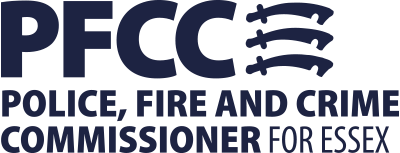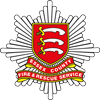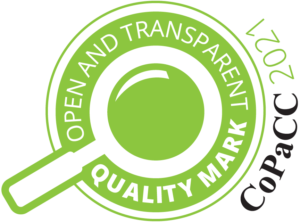Restorative Justice brings those harmed by a crime or conflict (a direct victim, or anyone who has been affected such as a victim’s family member or a witness) into contact with the person responsible for the crime or conflict to try to find a way forward. This is voluntary and both sides need to agree for the contact to take place.
Restorative Justice can be effective in showing the responsible person the real impact of their actions by putting a face to their crime. It also gives the victim and/or family the chance to tell the offender how they feel about what has happened, ask for an apology and get answers to their questions. The victim may also have the chance to help decide what activity the offender can do to repair some of the damage done. It can help those who have committed crimes or anti-social behaviour reintegrate into society and helps to reduce reoffending. Find out more.












